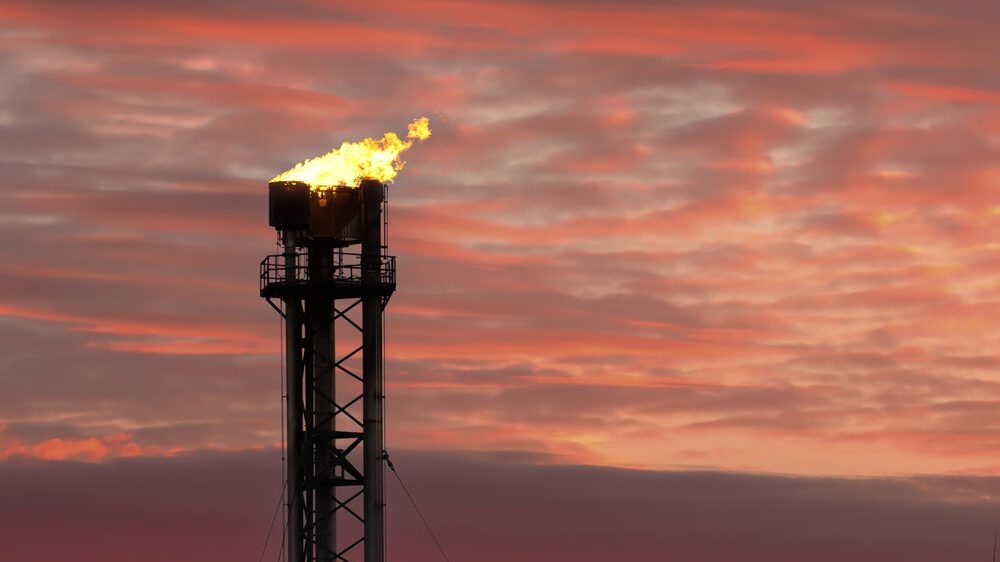
A last-minute attempt by conservative lawmakers to derail tough new EU emission legislation failed Tuesday, May 9th, as the European Parliament comfortably passed green legislation that requires energy companies to cut their methane emissions.
MEPs backed the new regulations with 499 votes in favour, 79 against, and 55 abstentions. The bill sets up a legislative framework to eventually establish binding methane reduction targets by 2030. The EU has long been looking to slash methane emissions by 30% by 2030, with the gas described as disproportionality responsible for climate change.
The new law will require oil and gas companies to regularly monitor infrastructure for potential methane leaks. Critical EPP MEPs attempted to water down some of the harsher proposals with their own counter-amendments.
The regulations controversially apply to energy imports, raising concerns that the legislation could be utilised as a protectionist tool and that Europe would have very few means of enforcing regulations outside of its jurisdiction.
The legislative pathway for the bill has been plagued by claims of unethical NGO lobbying, which led Italian MEP Silvia Sardone to resign last month from her role as rapporteur on the parliament’s environmental committee (ENVI).
Sardone claimed that the American NGO Clean Air Task Force (CATF) dictated the terms of the bill to lawmakers. A Green MEP, who authored yesterday’s legislation, was previously accused of pasting a CATF lobbying document into a legal text regarding methane reductions.
Speaking to The European Conservative, CATF Director of Communications Rowan Emslie denied having a hidden hand in the process, adding that his organisation fully complied with all EU transparency requirements.
German MEP Markus Buchheit of the AfD branded CATF a foreign lobbying group and referred to green politicians as “useful idiots” for proposing legislation that he claims bullies businesses into complying with Europe’s green agenda.
The bill will now head to member states for approval, where it is expected to face significant pushback from national governments. The EU has struggled to pass multiple acts of green legislation in the past year with a ban on the sale of new petrol cars from 2035 leading to a major internal rift and claims that Brussels was sacrificing Europe’s auto industry to placate climate activists.
Methane regulation is a touchy subject for lawmakers and has incurred the wrath of both farmers and industrialists, who repeatedly criticise the EU for prioritising climate dogmatism over economic well-being. The Netherlands has experienced a four-year-long rebellion by farmers, protesting onerous EU-backed regulations to reduce nitrogen emissions. The dispute was a major factor in the electoral triumph of the country’s agrarian party, the BBB, in recent regional elections.
The agricultural sector is next on the chopping block for EU legislators with the EU Commission moving to place methane regulations on farm animals, which it believes are the primary contributors to emissions.
